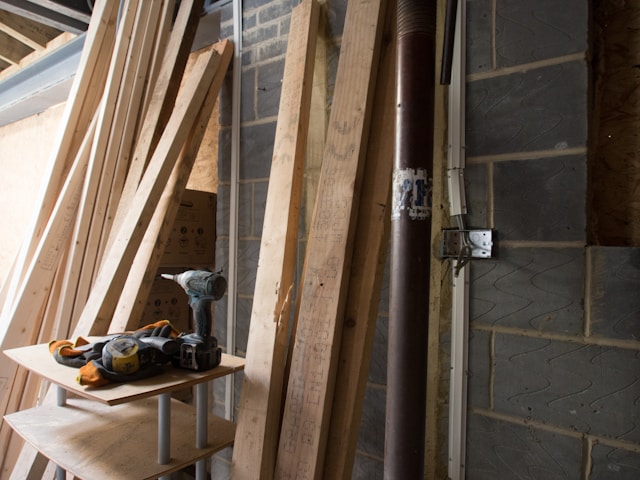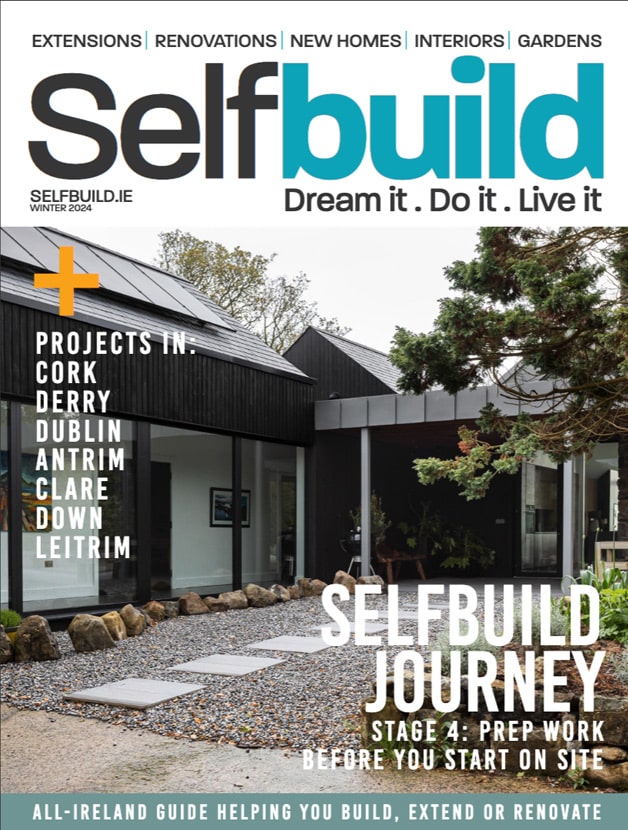Direct labour consists of hiring all of the individual tradesmen yourself and in the case of a major renovation project, you’re looking at hiring individual trades such as carpenter, tiler, plumber and electrician.
An extension project will include additional trades, the same as for a new build, from groundsman to block layer and roofer.
Savings for going direct labour can be significant, some say as much as 20 per cent, and it allows you to retain control of the project and finishes. But direct labour projects typically take longer to complete than if you were to hire a builder for the entire job.
You must also factor in the time you will need – you will basically be working full time on the project, with associated loss of earnings. Going DIY on some elements will be tempting and cost saving, but again weigh up what you can do within a reasonable timeframe. Any mistakes you make will be yours to fix.
Bear in mind that you’ll generally be paying more VAT with the DIY route as going through a builder will commend a lower rate.
In NI, builders charge a 0 per cent rate on upgrades for disabled people and a 5 per cent rate to both energy upgrades for those 60+ and to properties that have been vacant for a while. The normal VAT rate is 20 per cent.
In ROI a builder or tradesman will charge you their labour, and any materials they buy through their company/sole trader status, at 13.5 per cent instead of the full 23 per cent VAT. Be weary of cash-in-hand payments as you will have no recourse if anything goes wrong. Note that in ROI there’s a very significant grant for vacant and derelict properties.
The bigger the project the easier cash flow will be to manage if you’ve a builder on a payment schedule. If you hire tradesmen directly, they need to be paid as soon as they are finished their work or weekly.
At this stage if you are project managing the build you will need to carry out a number of tasks including:
- Start early to identify good (preferably local) tradesmen. Expect to be spending a lot of time on the phone; you may find yourself chasing them to show up. Regular contact is essential to keep your project in their books.
- Check and record the insurances held by each subcontractor.
- Ensure there is a dry, secure space for storage and break times.
- Perform all the Health & Safety duties, including being in charge of toilets and other facilities such as having a kettle available. A constant presence will be required to keep on top of what is happening on site.
- Organise materials; an account with your local builder’s merchant will go a long way. For specialist items get prices from three suppliers (the savings can add up) and check what arrangements are for delivery as heavy items will come on pallets, the equivalent of tonne bags, which will come at a cost. Whilst this can be absorbed for specialist items as a one-off, your local builder’s merchant will be your go-to supplier as their delivery fees will be very reasonable, even for heavy items like blocks.
- Check against delivery; the delivery man will want to get in and out as quickly as possible but wrong or damaged item should be sent back immediately. Have arrangements in place for transport within the site and storage.
- Time the deliveries; items arriving too early have to be stored without them getting damaged or stolen, too late and the build could be held up.
- Have a system in place to keep a record of expenses, receipts and all relevant documents such as certificates.
- Make arrangements to reduce waste on site, manage what waste is left and have processes in place to maximise efficiencies.
- Invest in tools you will be regularly using on a DIY basis and have them under lock and key.
- Organise your tool and scaffold hire with clear instructions as to who is responsible for the health and safety aspects of each. Do check that operatives have the experience and certification to use hired equipment.
You will also be in charge of the snag list, which could entail having to call back tradesmen to site – not an easy task if they have been paid for the work already.








